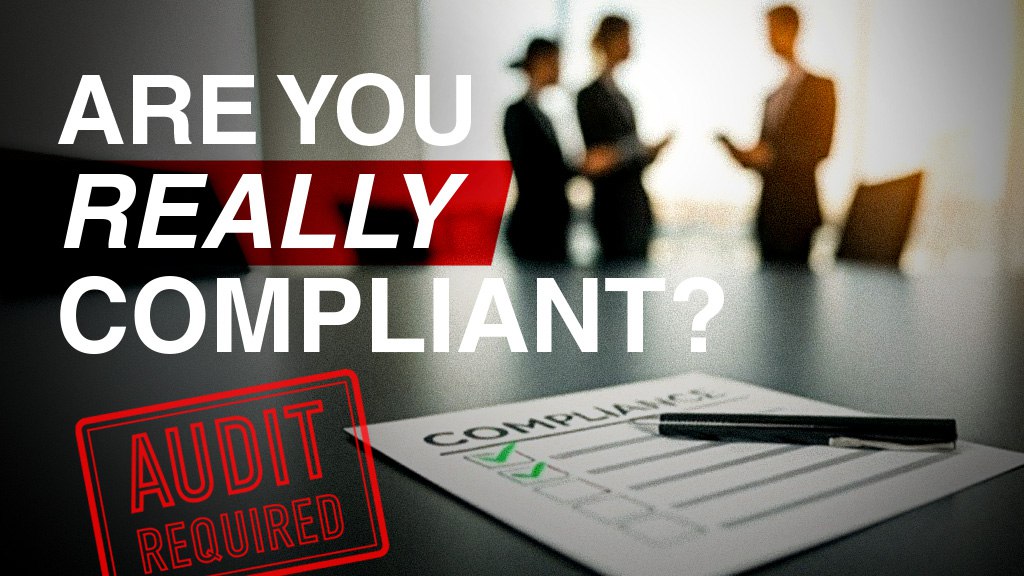Author: Cindy Rautenbach
Compliance can take many forms depending on the context, legal, regulatory, ethical, or internal. Broadly, the main types of compliance organisations typically dealt with are:
- Regulatory Compliance
- Corporate / Internal Compliance
- Ethical Compliance
- Financial / Accounting Compliance
- Environmental Compliance
- Data & IT Compliance
- Health & Safety Compliance
Essentially, compliance types can be categorised into legal/regulatory, organisational, and ethical/social dimensions.
In South Africa, HR compliance spans nearly all types of compliance, but is mostly addressed reactively and focused on, usually only when the Department of Labour conducts an inspection.
Now, even more than ever, employers need to take a more proactive approach towards HR compliance to ensure that not only the employees are protected, but also the employer!
Some of the key HR compliance elements in South Africa:
1. Labour Legislation: Company Contracts and Policies
- Are your company contracts and policies updated and aligned to the various acts, including the Basic Conditions of Employment Act (BCEA), Labour Relations Act, etc? Legislation changes often, and if your contracts and Policies are not regularly updated to align with changes, a visit from the Department of Labour can land you in hot water!
2. Employment Equity
- Do you have more than 50 employees? New legislation requires you to submit your 5-year plan together with your annual reporting to avoid any financial penalties.
3. Skills Development & Skills Development Levies
- All companies with a payroll of > R500k / year are required to pay skills Levies.
- But did you know that you can earn some of the money back by simply registering with the Relevant SETA and annually submitting a Workplace Skills Plan (WSPs) and Annual Training Reports (ATRs)?
- By doing this, you can also apply for Discretionary grants that could cover learnerships, apprenticeships, bursaries, etc.
4. Compensation for Occupational Injuries and Diseases Act (COIDA)
- What happens if an employee gets injured on duty or a workplace illness occurs? You are probably paying your annual COID, but who will be supporting you with submitting your claim and completing all the tedious paperwork that is required for you to claim the benefits from this?
5. Protection of Personal Information (POPIA)
- Are you complying with data privacy for employee and candidate records? All companies are required to have a POPIA policy in place, and all employees must be trained on POPIA to avoid any claims made against companies for collecting, using, and distributing employee information.
6. Recruitment & Onboarding Compliance
- Are the candidates you are appointing really who they say they are? The high unemployment rate in SA is creating desperation among job seekers, forcing them to produce fake IDs, qualifications, driver’s licences and work permits. Have you verified that they are legally permitted to work (i.e., citizenship and work permits are in order)? As a company owner, you are held liable for ensuring that all employees are legally employed.
7. Termination & Exit Compliance
- Upon exiting or departing any organisation, the company must provide the following
documentation to the employee:
– UI19 forms for UIF claims.
– Certificate of Service.
The South African government is significantly increasing the number of labour inspectors, with plans to hire 20,000 new inspectors over the coming months. This is a significant boost from the current 2,000 inspectors and aims to improve the enforcement of labour laws and ensure compliance across various sectors. The recruitment drive is part of a broader strategy to address non-compliance, particularly in sectors like hospitality, logistics, and construction.







